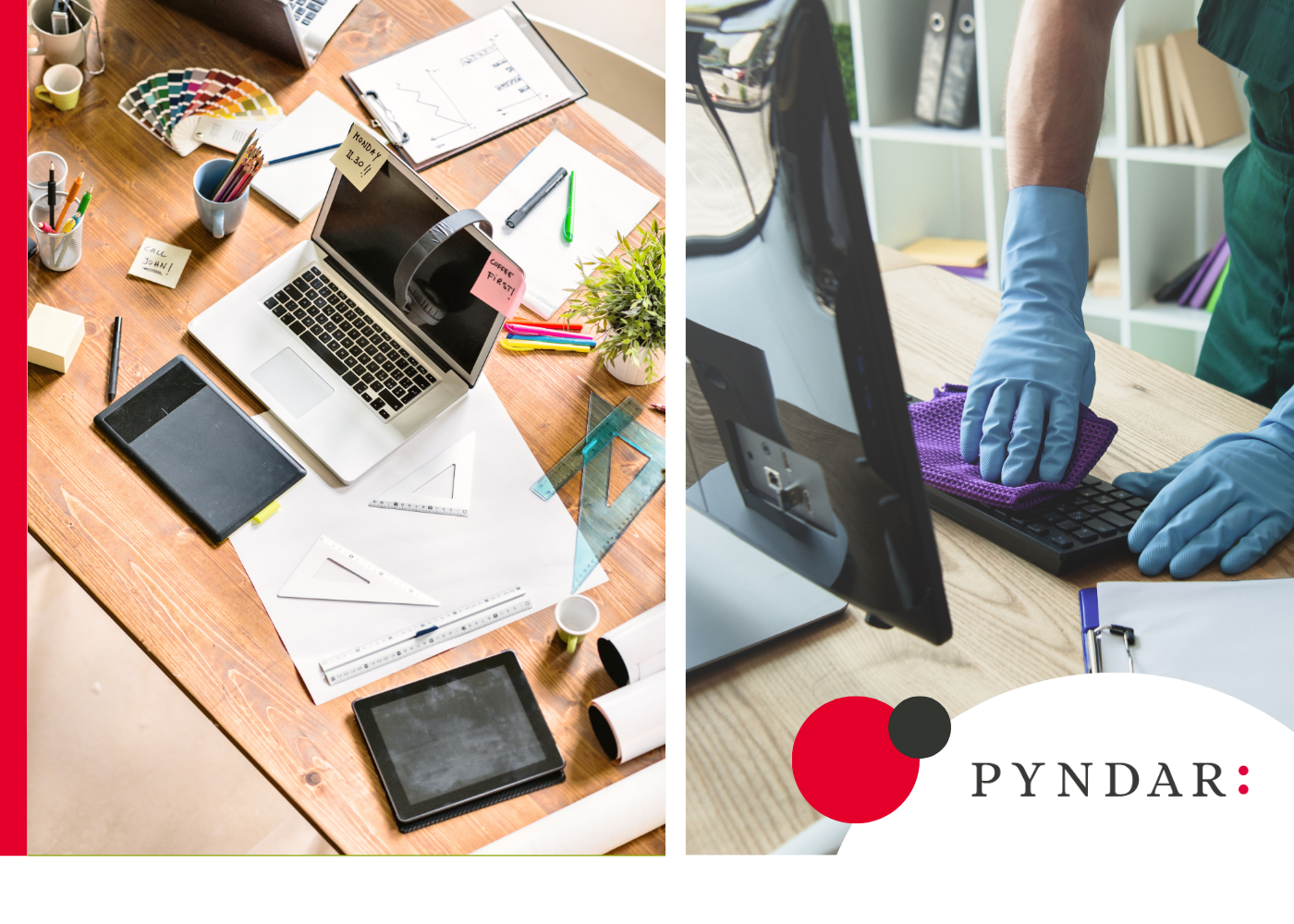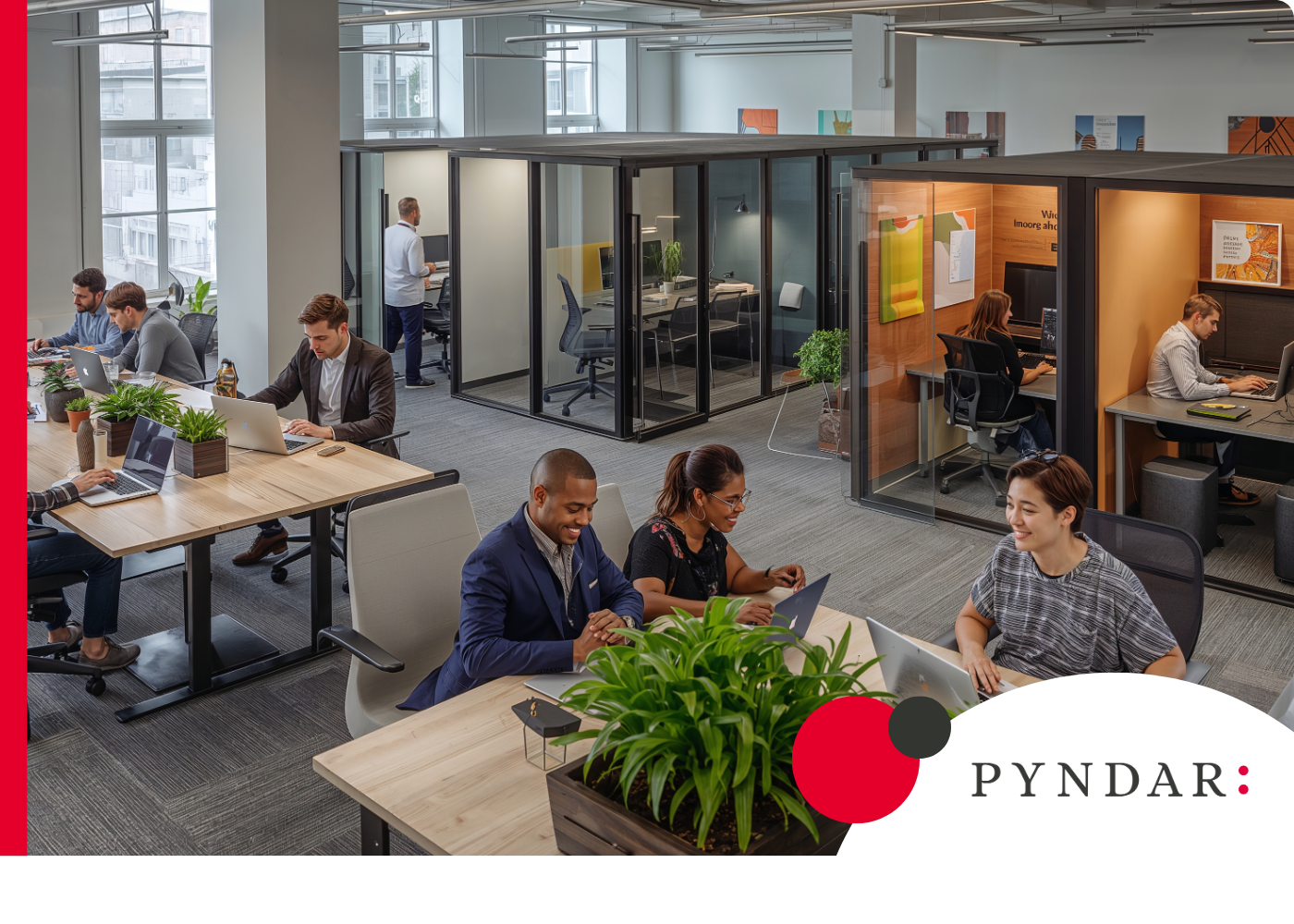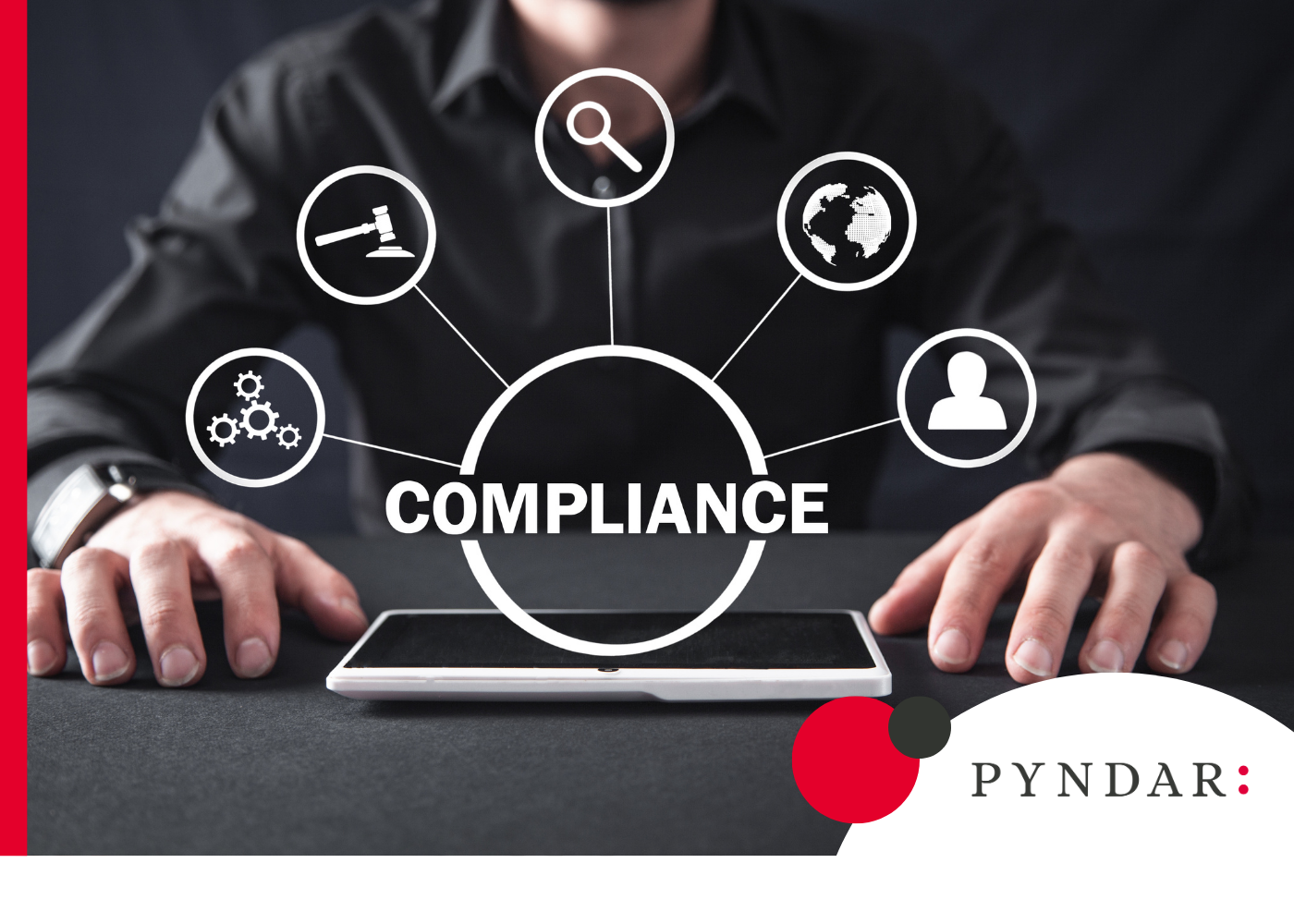The hidden risks of in-house cleaning management
At first glance in-house cleaning may appear cost-effective and straightforward to manage. In reality, it often introduces hidden risks: from unexpected staff absences and compliance issues to escalating administrative demands. The true complexity and resource demands of managing cleaning are frequently underestimated.
In this article, we examine the hidden costs and operational challenges of managing cleaning internally and why outsourcing to specialists can deliver a service of greater reliability, consistency, and long-term value.
Why in-house cleaning teams struggle to meet evolving business needs
On the surface cleaning may seem a simple function but, in practice, it is a complex operational discipline. Internal teams must manage far more than rotas and supplies; the associated demands of in-house cleaning place additional strain on facilities and operations personnel, diverting attention from core duties and heightening operational risk.
Small, internal teams often lack resilience and specialist expertise to maintain consistent service levels. Key challenges include:
- Staff absence due to illness, care responsibilities, or emergencies. These often lead to missed shifts and reduced coverage. In 2024 an estimated 148.9 million working days were lost because of sickness or injury ‒ an average of 4.4 days per worker, according to the Office for National Statistics (ONS).
- No monitoring and feedback systems. This means performance dips often go unnoticed until they affect the wider workplace. A lack of formal accountability can lead to deteriorating standards.
- Complex HR compliance and regulatory requirements increase operational risks and management load.
- Lack of expertise in sustainable cleaning methods. This leads to many in-house teams struggling to support Environmental, Social, Governance (ESG) targets.
Over time, these kinds of limitations lead to operational inefficiencies and missed opportunities to improve a working environment. Moreover, a visibly inconsistent standard of cleaning can undermine internal confidence and external perception.
The Pyndar Difference
Outsourcing to Pyndar means more than contracting a service – it means forming a partnership.
We take full ownership of the cleaning function, embedding ourselves in your business to deliver measurable outcomes, protect standards, and support your future goals. Our model is designed to provide:
A genuine workplace partnership: We share your environment, working in step with you day to day, aligned with your corporate culture and long-term goals to build lasting trust and measurable results.
Skilled, well-supported teams: Our staff are fully trained, motivated, and directly employed — no members of staff are self-employed, and zero-hours contracts are not used. This structure helps to ensure strong workplace ownership and high service standards. Continuous staff development covers areas such as hygiene best practice, equipment operation, and site-specific protocols.
Sustainable, strategic delivery: Our programmes support your ESG priorities and are designed to align with your business development plans.
Proactive management and clear reporting: Our systems prevent compliance issues and quality fluctuations, protecting your operations from risk. Regular reporting and rapid escalation routes ensure the complete visibility and prompt resolution of any issues.
Service reliability: Our dedicated resources enable the rapid deployment of cover for sickness, annual leave or emergencies, guaranteeing service continuity without disruption.
Complete equipment provision: We supply and maintain all necessary cleaning equipment and stock, removing procurement and maintenance burdens from clients.
Transparent pricing: Our clear pricing structures eliminate cost uncertainty and support long-term budgeting.
Cleaning should add value ‒ not risk
Cleanliness in the workplace is about far more than appearance: a clean, well-maintained environment means fewer staff sick days, better mental health, and stronger team morale as well as productivity. It also impacts brand perception, and business efficiency.
Many organisations underestimate the expertise and resources needed for effective in-house cleaning management, yetwithout these an inconsistency in standards quickly arises, leading to management strain. The day-to-day effort required to sustain standards whilst remaining compliant can overwhelm internal teams and ultimately detract from strategic priorities, as well as carry real business risk.
Pyndar’s model is not only operationally robust but strategically aligned to support your business today and into the future:
- We immerse ourselves in your business, aligning our service with your culture and long-term vision.
- We take ownership of delivery while building strong, trust-based partnerships.
- We provide the consistency, professionalism and insight needed to create cleaner, safer and better-performing workplaces.
Cleaning should not be a distraction from your business – it should be a contributor to its growth.
To learn how optimal workplace cleaning and facilities management (FM) can drive real business value, discover related articles such as: ‘Elevating business success through workplace cleanliness’, ‘Could poor cleaning be negatively impacting your business?’ and ‘Untapped potential: FM’s role in supporting a more sustainable built environment’.
Contact Pyndar to explore how we can support your organisation’s goals: call 020 3488 1280, e-mail transform@pyndar.uk or visit our contact page.
Trends & Insights
Reflecting on progress: Facilities management in 2025 and the trends shaping 2026
In this article, we review some of the key developments from 2025 and explore the trends that will define facilities manageme... Read more
Beyond space and technology: What the office of tomorrow will deliver
The role of the office is evolving rapidly. Hybrid work models, shifting staff expectations, and technological innovation are... Read more
The top five compliance risks in facilities management
Facilities management (FM) plays a critical role in shaping organisational success. When managed well, it safeguards people, ... Read more



